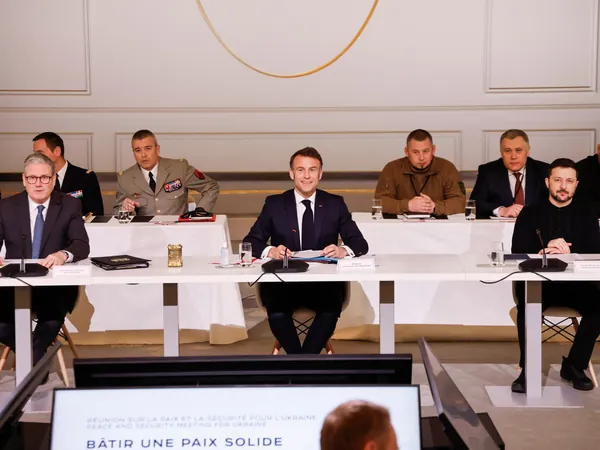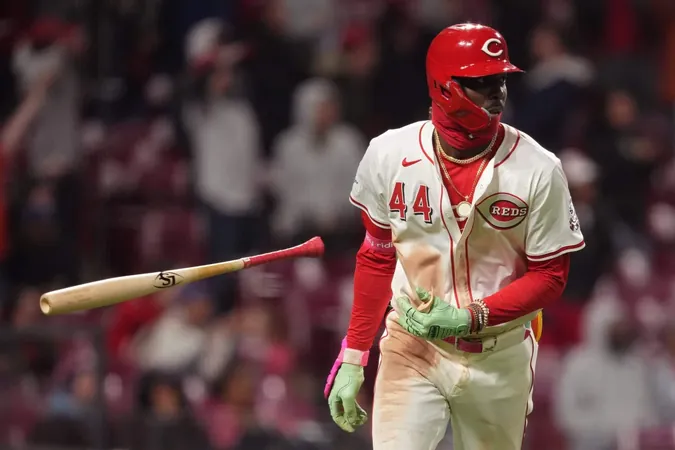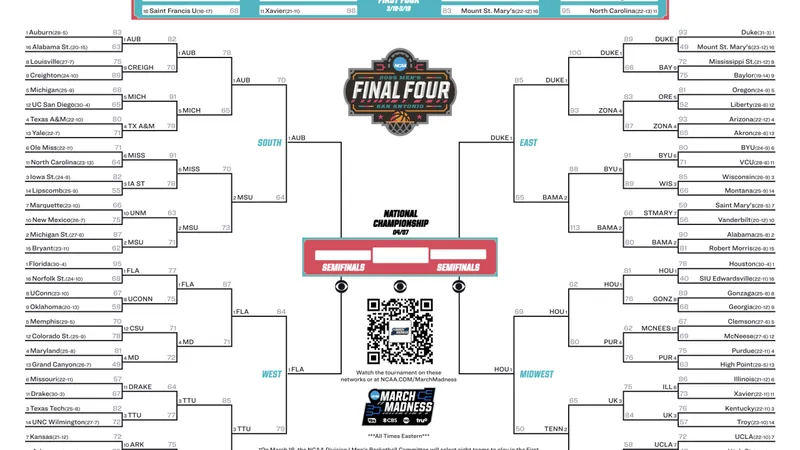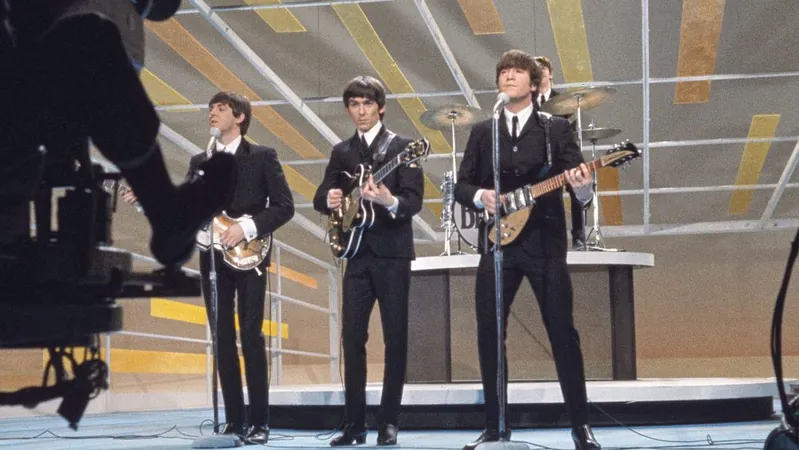
Macron Highlights Divisions Among European Allies on Troop Deployment for Ukraine
2025-03-27
Author: Wai
In a crucial summit held in Paris, French President Emmanuel Macron revealed significant disagreements among European allies regarding the proposed deployment of troops in Ukraine. This meeting, part of a gathering of nearly 30 leaders from NATO and the European Union, was aimed at bolstering Ukraine's position as it seeks to negotiate a peace deal with Russia amid a conflict that has persisted for over three years.
Macron emphasized that unanimity among allies was not a prerequisite for action. “We do not need unanimity to achieve it,” he stated, as he announced that France and the United Kingdom would take the lead in establishing a “reassurance force,” although participation from all European nations is not guaranteed. Some countries indicated they lack the necessary capability or are hesitant due to the current geopolitical landscape.
Italian Prime Minister Giorgia Meloni reiterated that there are currently no plans for national participation from Italy in a military force on the ground, while Czech Prime Minister Petr Fiala described discussions on sending European troops as “premature” without clear conditions for a ceasefire.
The planned “reassurance force” is not intended to act as peacekeepers or substitutes for the Ukrainian military, according to Macron, who stressed its role as a deterrent against potential Russian aggression. Talks on where this force could be deployed will commence between French and British officials.
The summit underscored broader concerns about the implications of Russian military actions. Russia’s Ministry of Foreign Affairs accused France and the UK of conspiring for a military intervention in Ukraine disguised as peacekeeping efforts, warning of possible direct confrontations between Russia and NATO forces.
In the lead-up to the summit, Macron committed an additional 2 billion euros ($2.16 billion) in military aid for Ukraine, which includes advanced weaponry such as missiles and warplanes. Ukrainian President Volodymyr Zelenskyy expressed hope that additional support from international partners would follow.
Notably, this meeting coincided with reports that the US had signed separate ceasefire agreements with both Moscow and Kyiv regarding the Black Sea. However, conditions set forth by Russia include demands for the lifting of sanctions on the Russian agricultural lender Rosselkhozbank and reinstatement in the SWIFT international payment system, which the EU has stated can only occur after Russian troop withdrawal from Ukraine.
There was a consensus among summit attendees that easing sanctions on Russia prematurely would be detrimental to strategic interests. As Keir Starmer, a participant in the meeting, noted, “There was absolute clarity that Russia is trying to delay, is playing games.”
Zelenskyy cautioned that Russian President Vladimir Putin is attempting to create divisions between Europe and the United States, calling for a stronger stance from Washington against Moscow. He highlighted the ongoing military threats by noting recent Russian attacks on civilian infrastructure in Ukraine, which have caused fatalities and widespread power outages.
As the situation continues to evolve, the international community remains on alert for both diplomatic developments and military escalations in the region, with the potential impact of these negotiations reverberating beyond Ukraine's borders.




 Brasil (PT)
Brasil (PT)
 Canada (EN)
Canada (EN)
 Chile (ES)
Chile (ES)
 Česko (CS)
Česko (CS)
 대한민국 (KO)
대한민국 (KO)
 España (ES)
España (ES)
 France (FR)
France (FR)
 Hong Kong (EN)
Hong Kong (EN)
 Italia (IT)
Italia (IT)
 日本 (JA)
日本 (JA)
 Magyarország (HU)
Magyarország (HU)
 Norge (NO)
Norge (NO)
 Polska (PL)
Polska (PL)
 Schweiz (DE)
Schweiz (DE)
 Singapore (EN)
Singapore (EN)
 Sverige (SV)
Sverige (SV)
 Suomi (FI)
Suomi (FI)
 Türkiye (TR)
Türkiye (TR)
 الإمارات العربية المتحدة (AR)
الإمارات العربية المتحدة (AR)